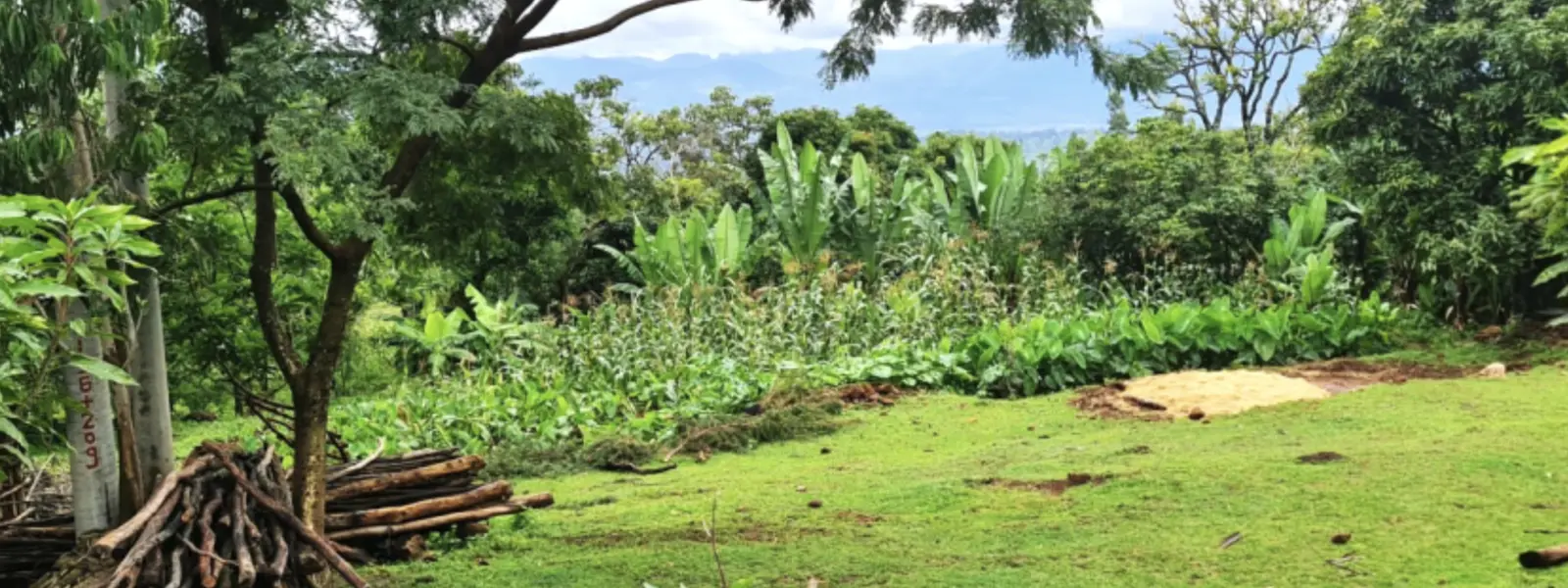Capacity building + resources accelerate transition, study shows
The intertwined nature of food, livelihoods, health, and natural resource management can no longer be denied. Agroecology – a transdisciplinary field that includes the ecological, socio-cultural, technological, economic, and political dimensions of food systems, from production to consumption – is accordingly growing in popularity. As the transition takes hold, measuring the performance of agroecology systems is more important than ever.
To this end, the Centre for International Forestry Research and World Agroforestry (CIFOR-ICRAF)’s Measuring Agroecology Performance (MAP) project assessed the performance of agroecology within the German Agency for International Cooperation (GIZ)’s ProSilience project in four African countries – Benin, Ethiopia, Kenya, and Madagascar. The MAP project forms part of the Metrics domain of the Agroecology Transformative Partnership Platform (Agroecology TPP).
In Ethiopia, the team assessed the agroecological transition levels (AETL) of farms in the Hula, Sodo-Zuria, and Walmara districts – three of the 22 districts in which ProSilience has been operating since 2021. The results, which were presented for validation at an April 29, 2024 workshop in Addis Ababa, showed that farms that are beneficiaries of ProSilience are at more advanced AETLs than those who are not.
The ProSilience project, which will be implemented until March 2025, is supporting the adoption of a wide range of agroecological practices, including among other things: integrated soil fertility management activities; fodder production on farm borders and gaps; agroforestry; crop rotation; the use of animal urine as pesticide and biodigesters for biogas production; area closures; planting woodlots of multi-purpose trees, and the introduction of fuel-saving stoves. “The project team also advocates for improving animal production by switching from free grazing to cut-and-carry systems, fodder production, and genetic upgrading of dairy cows,” said GIZ staff member Tesfaye Halefom.
MAP project researchers measured and compared the agroecological performance of farms in which ProSilience has been implemented (PS) with those in which it has not (NP). To do so, they used the FAO Tool for Agroecology Performance Evaluation (TAPE), a four-step process that entails describing the system and context; characterization of agroecological transitions (CAET) based on the 10 elements of agroecology; addressing the core criteria of performance (governance, economy, health and nutrition, society and culture, and environment); and participatory evaluation of results. “TAPE can be used to measure agroecological transitions among agricultural producers in a community or a territory, monitor and evaluate projects, and evaluate widely diverse agricultural systems against agroecological elements,” said Haramaya University researcher Chanyalew Seyoum.


Endalkachew Wolde-Meskel, Ethiopia’s coordinator for the MAP project, presented the study’s results, showing key differences between PS (project-supported) and NP (control) farms. The median TAPE score for PS was 70, whilst for NP it was 55, and half of the PS farms received scores between 62 and 76, while the same number of NS farms sat between 48-64. Meanwhile, the minimum and maximum scores for PS were 51 and 95, and for NS they were 25 and 79.

“Based on this assessment, it is clear that PS-targeted farms are at a significantly higher agroecological transition level, providing evidence on the multifunctional performance of agroecology,” said Endalkachew, who called for more inclusive investment to bring about a widespread agroecological transition. “We recommend that donors and decision-makers consider agroecological evidence when targeting investments,” he said.
The MAP project is funded by the Federal Ministry of Economic Cooperation and Development (BMZ), co-funded by the European Union (EU) and supported by the Deutsche Gesellschaft für Internationale Zusammenarbeit (GIZ).
This blog is written by Eyob Getahun and is also available on Forests News.
Cover photo by Chanyalew/Haramaia University: A ProSilience project implementation area in Sodo Zuria district.
Photo credits: Eyob Getahun / CIFOR-ICRAF

